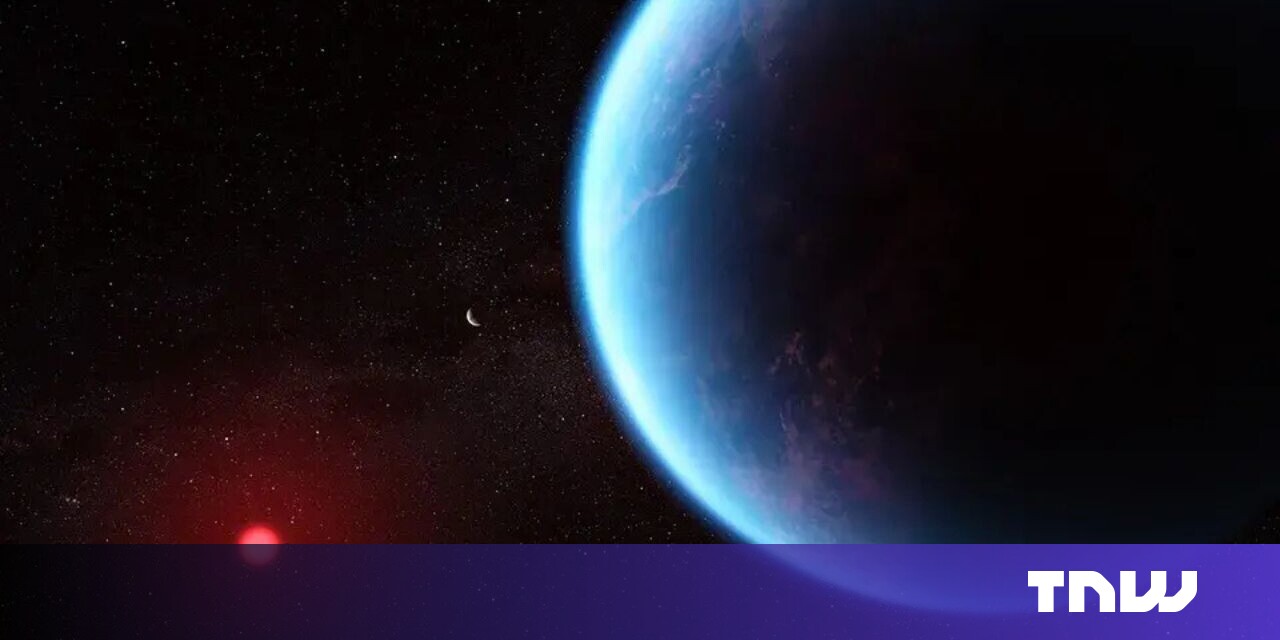
""Given everything we know about this planet, a Hycean world with an ocean that is teeming with life is the scenario that best fits the data we have.""
""The new findings support existing that K2-18b is a 'hycean planet' - home to vast oceans and a hydrogen-rich atmosphere.""
Astronomers using the James Webb Space Telescope have detected what might be the strongest evidence yet of extraterrestrial life on exoplanet K2-18b. Researchers from the University of Cambridge identified the presence of dimethyl sulfide (DMS) and/or dimethyl disulfide (DMDS) in its atmosphereâgases linked to biological activity on Earth. Located 124 light years away, K2-18b is a prime candidate for life support due to its size and potential for liquid water. The findings were made through a technique called transit spectroscopy, highlighting the planet's characteristics as a hycean world, which could support diverse ecosystems.
Read at TNW | Deep-Tech
Unable to calculate read time
Collection
[
|
...
]